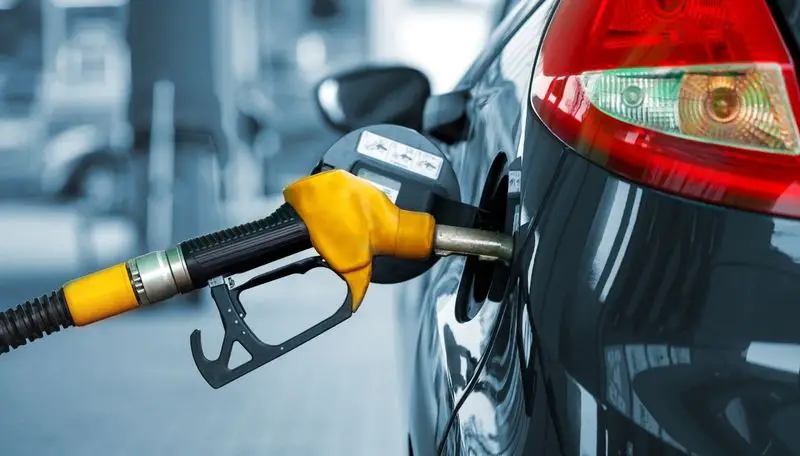Goodbye to gasoline and diesel cars by 2035: European Commission toughens its proposals to combat climate change. “The fossil fuel economy has reached its limits. We want to leave a healthy world, a good job market, and growth to the next generation.” So blunt was Ursula von der Leyen, president of the European Commission after the body officially issued its proposal to reduce environmentally harmful emissions by at least 55% by 2030.
Goodbye to gasoline and diesel cars by 2035
That is equivalent to returning to the emissions levels we had in the 1990s. And one of the measures to achieve this is to reduce the same percentage of car emissions by that year and to stop selling any vehicles that emit harmful gases by 2035.
It seems a distant date, but everything is relative. We are talking about the end of the sale of gasoline, diesel, or even hybrid cars in a matter of fourteen years. From then on, these cars would still be on the road, but you could only buy zero-emission cars. The Commission estimates that by 2050 there will be no more combustion cars on the road.

The target is ambitious. So much so that the Climate Change and Energy Transition Law that some countries had approved at the beginning of April will have to be tightened up even more: it planned the exclusive sale of zero-emission cars by 2040 and will now have to be brought forward by five years. Companies such as Renault have already done well to set themselves targets to reduce sales of combustion cars to just 10% by 2030.
In parallel to this new directive, the European Commission has also proposed measures that will require the installation of electric car charging points every 60 km and hydrogen refueling points every 150 km on major roads in the Union.
The make-or-break decade has already started.
Our first major climate milestone will be a 55% reduction of emissions by 2030.
And by 2050, we aim to make the EU climate neutral.
Today, we present concrete proposals to reach these goals: https://t.co/h20a4iwgap#EUGreenDeal pic.twitter.com/jw7l1G6V7e
— European Commission (@EU_Commission) July 14, 2021
The negotiation for all member countries of the Union to comply with these guidelines will include a fund of 72 billion euros, which will be dedicated to preventing the price of energy from becoming too expensive due to this transition to a clean model. What will increase is the price of fossil fuels, thus seeking to discourage their consumption and attract citizens to switch to emission-free cars and enjoy the tax advantages that each country offers their owners.
The proposal also includes measures to reduce emissions in other sectors such as planting 3 billion trees in European forests, increasing the percentage of clean energy produced in relation to the total to 40% by 2030, access to clean energy at airports and ports, limits on the consumption of fossil fuels in large ships and the taxation of imported products based on the amount of CO2 they have emitted.





